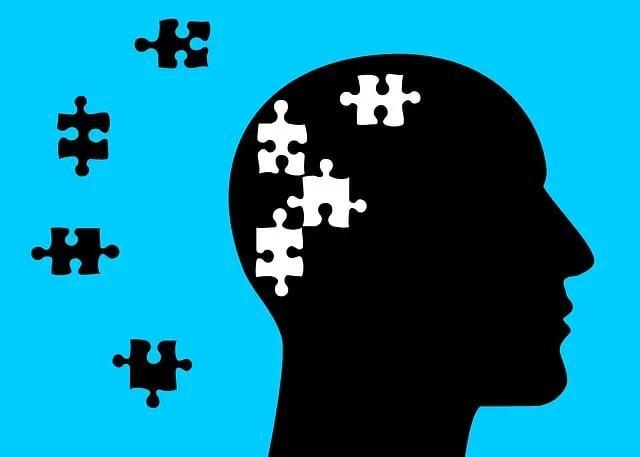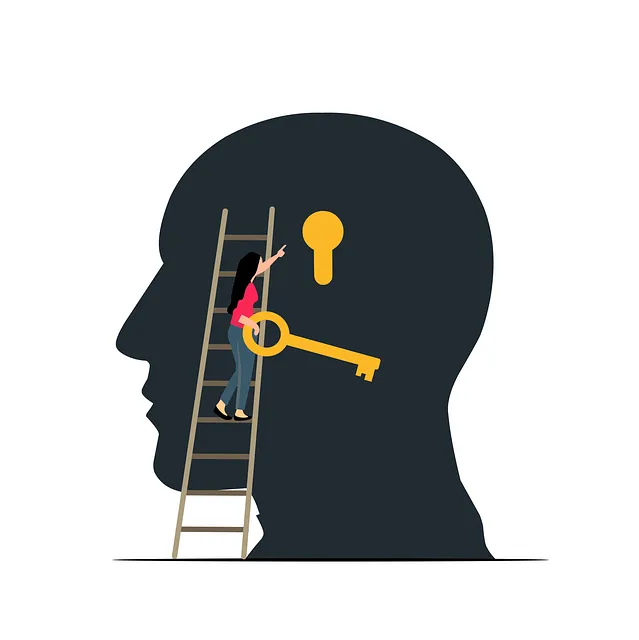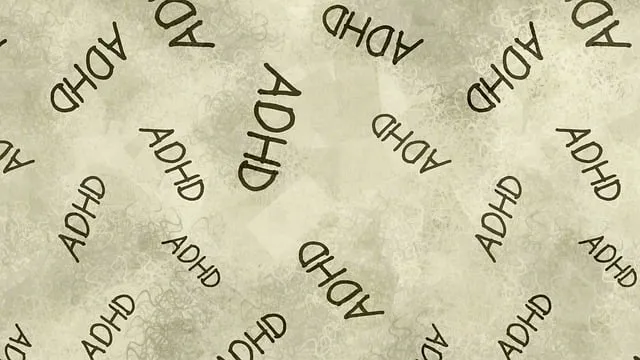The Lone Tree Kaiser Permanente mental health center prioritizes emotion regulation as a cornerstone of mental well-being, offering structured visiting hours to support individuals in learning effective emotional management strategies. Through programs like Social Skills Training and Coping Skills Development, the center equips clients with tools to recognize and understand their emotions, fostering healthy relationships and resilience. Their expert team provides personalized mood management skills training through group therapy, workshops, and individual counseling, accessible via visiting hours and found on their official website. These sessions incorporate mindfulness practices, cognitive reappraisal, stress management, and stigma reduction, empowering clients to navigate challenges calmly and challenge societal perceptions of mental health.
Emotion regulation is a vital skill for maintaining well-being, especially in today’s fast-paced world. This article explores why mastering these techniques is crucial and delves into the work of the Lone Tree Kaiser Permanente Mental Health Center, a leading provider of emotion regulation education. We’ll uncover common strategies, their practical application, and the benefits and challenges of learning these life-changing skills. Additionally, discover how incorporating these techniques during your visiting hours at Lone Tree Kaiser Permanente can enhance your emotional resilience.
- Understanding Emotion Regulation: Why It's Essential for Well-being
- The Role of Lone Tree Kaiser Permanente Mental Health Center in Teaching These Skills
- Common Techniques for Effective Emotion Regulation
- Practical Application: Incorporating These Strategies into Daily Life
- Benefits and Challenges of Learning Emotion Regulation Techniques
Understanding Emotion Regulation: Why It's Essential for Well-being

Emotion regulation is a vital skill that plays a crucial role in maintaining mental well-being. At the Lone Tree Kaiser Permanente mental health center, visiting hours are designed to support individuals in developing strategies to navigate and manage their emotions effectively. Understanding and regulating emotions is essential for several reasons; it helps individuals cope with stress, enhances overall quality of life, and fosters healthy relationships. When left unaddressed, unregulated emotions can lead to difficulties in various aspects of daily functioning.
By teaching emotion regulation techniques, such as Social Skills Training and Coping Skills Development, the Lone Tree Kaiser Permanente mental health center offers valuable resources for those seeking to improve their emotional well-being. These techniques empower individuals to recognize and understand their emotions, providing them with tools to manage intense feelings constructively. Effective emotion regulation also contributes to better stress management, enabling folks to navigate challenging situations with resilience.
The Role of Lone Tree Kaiser Permanente Mental Health Center in Teaching These Skills

The Lone Tree Kaiser Permanente Mental Health Center plays a pivotal role in educating individuals on emotion regulation techniques, thereby fostering emotional well-being promotion and even depression prevention. With its dedicated team of mental health professionals, the center offers specialized programs designed to teach sustainable mood management skills tailored to individual needs.
By providing a safe and supportive environment, Lone Tree Kaiser Permanente enables clients to learn effective strategies for coping with stress, anxiety, and other emotional challenges. Through group therapy sessions, workshops, and one-on-one counseling, visitors gain practical knowledge and tools to navigate their emotional landscapes more effectively. These evidence-based practices have proven successful in helping individuals lead happier, healthier lives by mastering emotional well-being promotion techniques.
Common Techniques for Effective Emotion Regulation

Emotion regulation techniques are a crucial aspect of maintaining mental well-being, and many effective strategies have been developed to help individuals manage their emotions healthily. Common techniques include mindfulness practices such as deep breathing exercises and meditation, which encourage individuals to focus on the present moment and observe their emotions without judgment. Cognitive reappraisal is another popular method where people challenge negative thought patterns and replace them with more balanced perspectives, thereby changing their emotional response to a situation.
At the Lone Tree Kaiser Permanente mental health center visiting hours, various workshops and programs are organized to teach these skills. For instance, stress management workshops help participants learn conflict resolution techniques to navigate challenging situations calmly. Mental illness stigma reduction efforts also play a significant role in emotion regulation by fostering understanding and empathy. These initiatives ensure that individuals can access support and manage their emotions effectively while challenging societal perceptions.
Practical Application: Incorporating These Strategies into Daily Life

Incorporating emotion regulation techniques into daily life can be a transformative practice for anyone looking to enhance their mood management and overall emotional well-being. At the Lone Tree Kaiser Permanente mental health center, visiting hours provide an ideal opportunity for individuals to engage with these strategies in a supportive environment. The first step is understanding which techniques work best for specific situations. For instance, mindfulness practices can be incredibly effective during stressful moments, helping to ground the individual and reduce impulsive reactions. Similarly, cognitive reframing techniques allow one to challenge negative thoughts and replace them with more positive, realistic perspectives.
Regular participation in Stress Management Workshops Organization sessions can further reinforce these skills, offering a safe space to practice and receive feedback. By integrating these emotional well-being promotion techniques into their routines, individuals can better navigate life’s challenges and maintain a sense of balance. Whether it’s setting aside time for self-care activities or employing breathing exercises during moments of heightened emotion, these practical applications have the potential to significantly improve one’s resilience and overall mental health, as demonstrated by many clients at the Lone Tree Kaiser Permanente mental health center.
Benefits and Challenges of Learning Emotion Regulation Techniques

Learning emotion regulation techniques offers a multitude of benefits for individuals seeking to improve their mental wellness. At the Lone Tree Kaiser Permanente mental health center visiting hours, professionals often emphasize the power of these skills in navigating life’s challenges. By understanding and managing emotions effectively, people can enhance their resilience building capabilities, leading to improved emotional well-being and overall quality of life. These techniques empower individuals to respond rather than react to stressful situations, fostering a sense of calm and control that can be particularly valuable during trying times.
However, mastering emotion regulation is not without its challenges. It requires dedication and consistent practice, as emotions are complex and ever-changing. Some individuals may struggle with identifying their feelings accurately, while others might find it difficult to implement strategies in real-life situations due to automatic responses. Moreover, integrating these techniques into daily routines demands a commitment to self-care and personal growth—a journey that may seem daunting at first. Stress Management Workshops within the organization often cater to these challenges, providing safe spaces for learning, practicing, and refining emotion regulation skills.
Emotion regulation techniques, once mastered, become invaluable tools for navigating life’s ups and downs. The Lone Tree Kaiser Permanente Mental Health Center plays a vital role in teaching these skills, empowering individuals to enhance their well-being. By incorporating strategies like mindfulness, cognitive reappraisal, and acceptance into daily routines, people can mitigate stress, improve resilience, and cultivate a deeper sense of inner peace. While learning these techniques requires effort and commitment, the benefits extend far beyond the classroom, creating a more balanced and fulfilling life. Visiting the Lone Tree Kaiser Permanente mental health center for workshops or counseling sessions can be a transformative first step towards mastering these essential skills.






